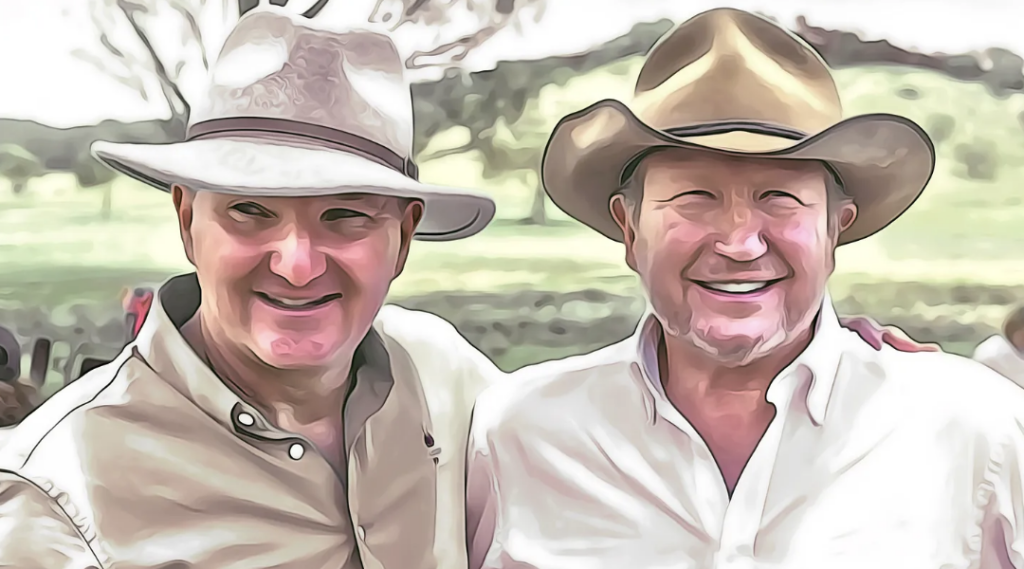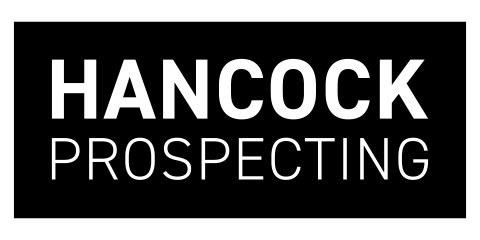
Article by Nick Carter is courtesy of Reality Bites.
The greatest danger is not climate change but a climate of naivety

Hubris is a well-known occupational hazard for self-made billionaires. They risk mistaking obsequiousness for admiration and are vulnerable to the knowledge delusion: the conviction that their business acumen qualifies them as experts about everything.
Andrew Forrest took the opportunity to share his wisdom on international security at a sod-turning ceremony at one of his wind turbine plants earlier this month.
Reality Bites By Nick Cater is a reader-supported publication. To receive new posts and support my work, consider becoming a free or paid subscriber.
Upgrade to paid
He claimed that investing in wind and solar would make us safer in a world where bad actors want to control fossil fuel supplies.
“I don’t want machine gun-toting, fruitcake extremists in Yemen, firing missiles in the Red Sea, to dictate if I can drive my kids to school here in Dubbo,” Forrest said. “Why would I back oil and gas when it’s controlled by people like Putin?”
You don’t have to be Henry Kissinger to spot the flaws in Forrest’s analysis. Whatever the assumed benefits of stripping native vegetation to erect wind turbines, they are not an obvious deterrent to Iranian-backed Houthi rebels. Warships tend to be more effective.
The Russian President may be a man of some influence, but he does not have the power to impose limits on Australian gas or coal production. Punitive royalties and activist judges are much better at doing that.
Australia is the world’s second-largest exporter of coal, pushing Russia into a distant third. We are the third largest exporter of liquid natural gas, shipping three times more than Russia. We do less well when it comes to pipelines, but that’s a small price to pay for the security of living on an island continent.
We could be more than self-sufficient in oil if we put our minds to it. Geoscience Australia estimates our identified recoverable reserves of conventional oil at 1.8 billion barrels. There is significant potential for unconventional oil, which could be recovered with fracking.
It would be nit-picking to point out to Forrest that Yemenis sweeten their cakes with honey, no fruit. It is true that Iranian-backed terrorists from this dirt-poor but troublesome country are a not-inconsiderable threat to our trade with Europe, the Middle East and parts of Africa. They pose little, if any, threat to our oil imports, however.
Less than 40 per cent of international oil exports come from the Middle East, almost all of which comes from the Persian Gulf. The tankers that the Houthis delight in setting on fire in the Red Sea are bound in the first instance for Europe and the Mediterranean.
One doesn’t have to travel to Dubbo to guess that electric vehicles are seen less frequently outside its school gates than in Cottesloe. For those concerned about domestic energy security, that’s a good thing. While Australia is rich in lithium, cobalt, rare-earth minerals and almost everything that makes a lithium-ion battery, nearly all of it is sent offshore for processing, predominantly to China. The Chinese manufacture two-thirds of electric vehicles, including the BYD Atto 3 and MG ZS EV, the 3rd and 4th best-selling electric cars in Australia.
That’s no problem if you live in Twiggy Land, where the People’s Republic of China is a benign player in world affairs and is the country that will turn the battle against global warming. Back in the real world, however, outsourcing our energy future to the Communists in Beijing is about as stupid as government policy gets.
Turning to wind and solar makes us highly dependent on China. Most of the world’s solar panels come from there, and they are aggressively attacking the wind turbine market.
Chinese belligerence is the most significant external threat by far to the security of energy supply as we continue to run down our coal-fired power stations and put obstacles in the path of gas.
The most significant risk to energy security, however, is home-made. Labor’s ambitious 2030 energy target and opposition to nuclear power is driving coal out of the energy mix with no alternative source of base-load energy.
Rising interest prices and lengthy approval processes are stifling the growth in insecure, intermittent wind and solar. Reaching the target of 40 new 7 MW wind turbines a month has been a little trickier than Chris Bowen seemed to imagine in his first weeks in the job.
Bowen has precious few opportunities to turn sods, so it is hardly surprising that he was prepared to travel to the picturesque NSW Central Tablelands earlier this month for a photo opportunity with Forrest at Squadron Energy’s Uungula wind turbine development.
Uungula is the only commercial wind turbine project to reach financial closure last year. Hundreds of renewable projects are “in the pipeline”, as renewable enthusiasts like to say.
Mercifully for the local communities they are helping to destroy, however precious few of them are likely to get off the ground. Uungula has been in the planning stage since 2011. In 2016, CWP Renewables, the previous incarnation of Squadron, sought approval for 249 turbines on the site that it claimed would be connected to the grid by 2020.
That proposal has since been scaled back to 69 6MW turbines and is unlikely to be connected until the end of 2025 at the very earliest after submitting neighbouring residents to two years of construction hell.
We must be thankful for small mercies. The original proposal threatened 1,880 ha of native vegetation. The revised proposal’s footprint covers just 639 ha, an area some one and a half times larger than the Perth suburb of Mosman Park.
Sooner or later, the impossibility of reaching the Government’s back-of-the-envelope targets will sink in. Governments in a liberal democracy are bound to obey the laws, including the laws of physics. They will take stock of the energy graphs and realise that the last thing we need in the middle of the day is more renewable energy, and the last thing we need the rest of the time is energy we cannot rely on.
In a world that grows increasingly unstable and in which we, or more accurately our friends, are already fighting two wars, we will realise that we are indeed the lucky country, blessed with abundant resources which we must learn to mine and process ourselves. We will learn that the greatest threat to our future is not climate change but a climate of naivety.




